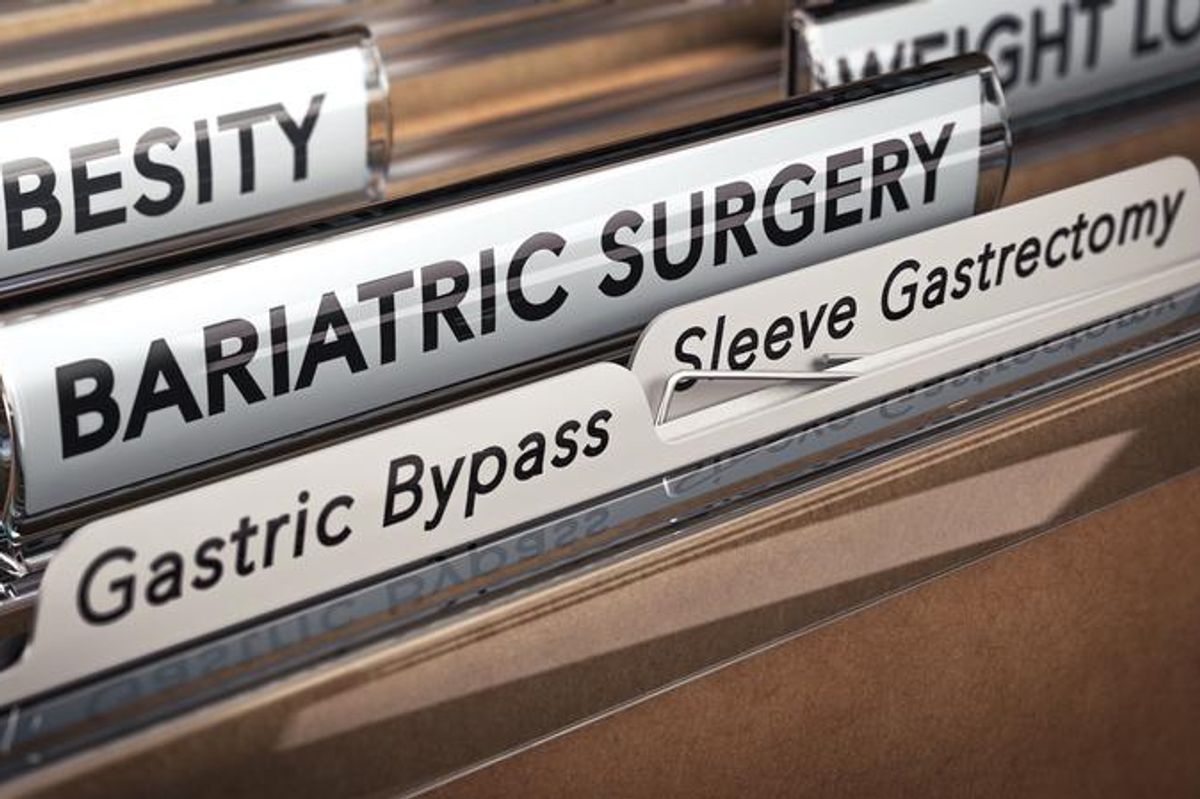Q:
I had bariatric surgery four months ago. I eat lots of protein, but my hair is falling out, and I don't have room for vegetables and fruit. However, I do take a liquid vitamin and calcium. What type of foods should I be eating?
A:
Eating a healthy, balanced diet after having gastric bypass surgery, also known as stomach stapling, can be a challenge. In order to get adequate nutrition you may need to eat more frequently—five to seven small meals every day. Remember, your stomach has been reduced to the size of an egg, so it is important to chew foods slowly and to drink fluids about 45 minutes to one hour before eating solid food. Over time your stomach will stretch, which will allow you to introduce new foods and more food in general.
Although you are eating many foods high in protein, you may need a protein supplement to help you meet the daily requirement and stave off hair loss. Along with protein, however, it is critical to eat foods and take a multivitamin high in all of the essential vitamins and minerals, particularly zinc. Zinc is needed for normal cell growth and repair, therefore is a crucial nutrient for healthy hair. Food sources of zinc include lean beef, fish, soybeans, wheat germ and whole-grain foods. It's also important to limit your intake of foods high in fat and sugar. Foods high in fat and sugar are not very nutritious and may cause unpleasant symptoms, such as dizziness, nausea and diarrhea. If you find it difficult to eat a varied diet, consult a dietitian for more personalized advice. A dietitian can help you plan healthy, tasty meals appropriate for your condition.







